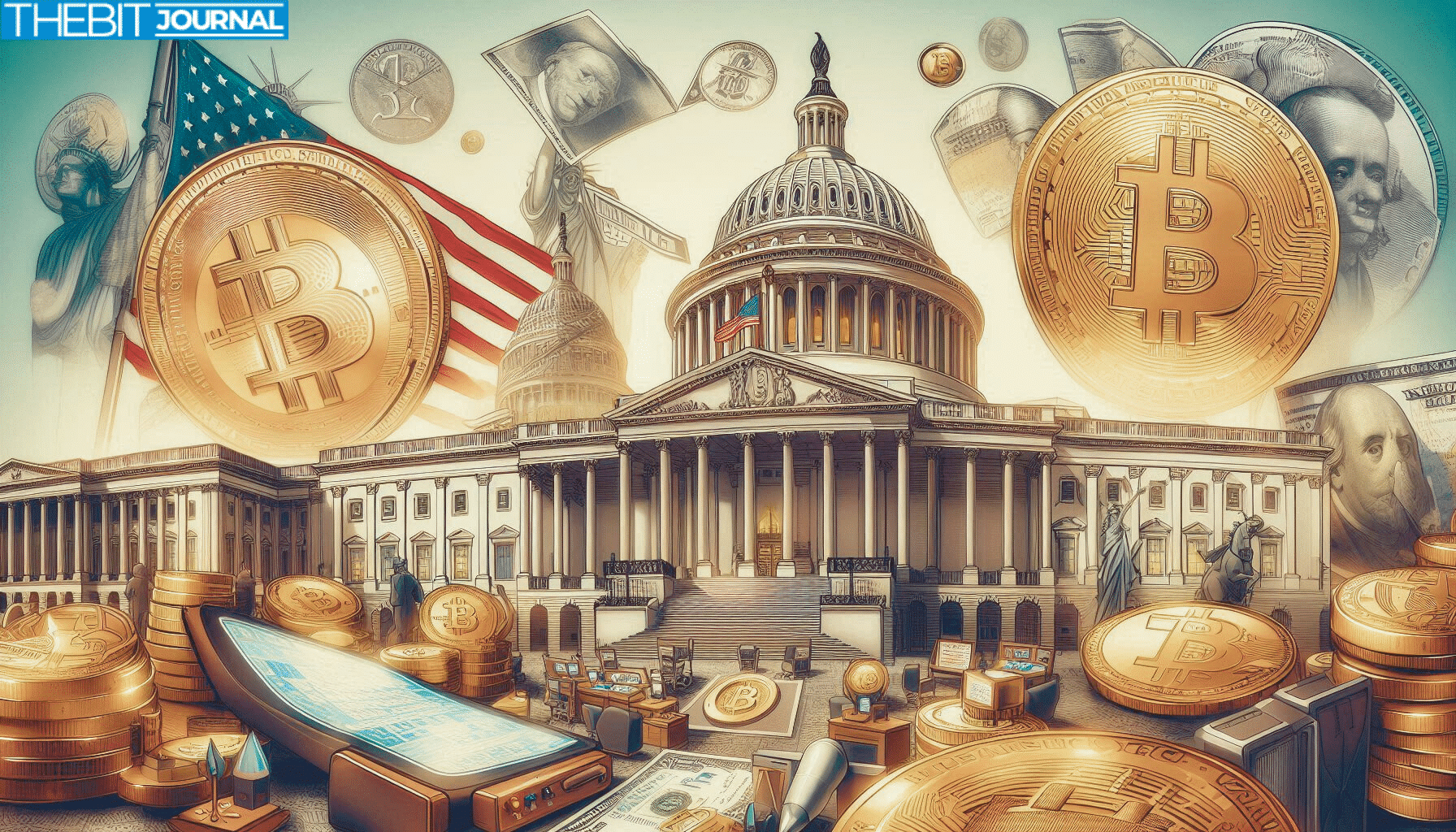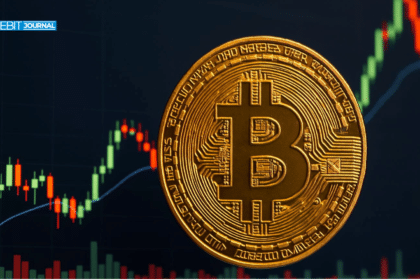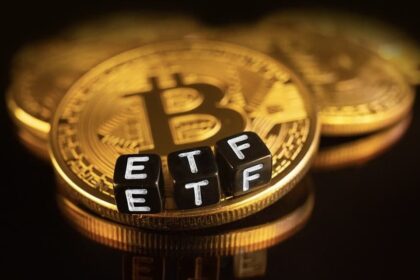According to the source, Binance is now actively advising governments on how to build Bitcoin reserves and implement sound digital asset policies. This strategic move was revealed by Binance CEO Richard Teng in a recent interview with the Financial Times, where he confirmed that multiple sovereign entities have approached the exchange for technical and strategic guidance on reserve asset management using Bitcoin.
Teng stated, “We are seeing heightened interest from governments around the world who are exploring Bitcoin not just as a speculative asset, but as a component of their national reserves.”
This growing trend marks a major evolution in the role of crypto exchanges — no longer merely trading platforms, but now strategic advisors in national financial infrastructure planning.
Governments Eye Bitcoin for Strategic Reserves
While the idea of a country holding Bitcoin might have once sounded far-fetched, it is fast becoming a geopolitical talking point. Following El Salvador’s pioneering move to recognize Bitcoin as legal tender and establish a national BTC reserve, governments across Latin America, Eastern Europe, and Southeast Asia are reportedly evaluating similar strategies.

According to Teng, the United States remains “way ahead” in this domain, with ongoing internal discussions about formalizing digital asset stockpiles and integrating Bitcoin into sovereign wealth management frameworks. Though these talks remain largely behind closed doors, Binance’s involvement underscores just how seriously the topic is now being taken at state levels.
How Binance’s Advisory Role Could Shape Global Crypto Policy
This is more than a headline — it’s a paradigm shift.
Binance’s engagement with national governments signifies that crypto is no longer an outsider in traditional finance. Its role as a trusted advisor on reserves could pave the way for:
Standardized crypto reserve protocols among countries
Early adoption of policies for emerging markets to stabilize their currencies
Greater clarity on crypto regulation and integration into central bank strategies
Moreover, Binance is now working toward establishing a global headquarters, an operational milestone that reflects the platform’s new focus on compliance, governance, and international diplomacy — a major departure from its previous no-base structure.
Why Governments Are Turning to Bitcoin
The motivation behind this interest isn’t just tech-driven — it’s deeply economic.
With growing distrust in traditional fiat currencies, inflationary pressures, and central bank missteps in multiple regions, Bitcoin is increasingly seen as a hedge against monetary instability. Unlike gold, Bitcoin is easily transferable, divisible, and verifiable — qualities that align with the demands of modern reserve asset management.

Economic strategist Lina Farouk explains: “Bitcoin represents a 21st-century store of value — programmable, transparent, and finite. For reserve managers looking beyond dollars and gold, it’s a serious contender.”
Countries with weak currencies, capital controls, or limited access to global markets are especially motivated to explore BTC as a sovereign hedge or reserve diversification strategy.
A New Era of Crypto-Government Collaboration?
Binance’s new advisory role is more than just headline fodder — it may spark a domino effect in global policy. If leading nations like the U.S. and Brazil begin publicly holding Bitcoin as a reserve asset, it could trigger an institutional cascade that reshapes global monetary systems.
And with Binance at the center of these conversations, the platform’s influence — and responsibility — is rising rapidly.
FAQs
Which countries are interested in holding Bitcoin reserves?
El Salvador already holds BTC; other countries like Brazil, the Czech Republic, and some Southeast Asian nations are reportedly exploring similar moves.
What is Binance’s role in advising governments?
Binance is offering technical guidance and strategic advice on how to safely manage Bitcoin as part of national reserves and integrate crypto policies.
Why are governments considering Bitcoin in reserves?
Bitcoin is viewed as a hedge against inflation, a digital store of value, and an asset class that fits into a diversified, modern reserve strategy.
Will this lead to more global crypto adoption?
Yes, as sovereign interest in Bitcoin rises, it could drive regulatory clarity and faster adoption across both institutions and public markets.
Glossary
Sovereign Wealth Fund – A government-owned investment fund used to manage national assets and reserves.
Bitcoin Reserves – Holdings of Bitcoin by a nation or institution as part of their financial reserve strategy.
Fiat Currency – Traditional government-issued currency like the US dollar or euro, not backed by a physical commodity.
Crypto Regulation – Legal frameworks that govern the use, taxation, and compliance of digital assets and exchanges.
Reserve Diversification – A strategy by central banks and sovereign funds to spread investments across different assets to reduce risk.
Sources
Financial Times (via Cointelegraph citation)
El Salvador Bitcoin Treasury Overview
Binance Press Releases / Strategy Updates





























